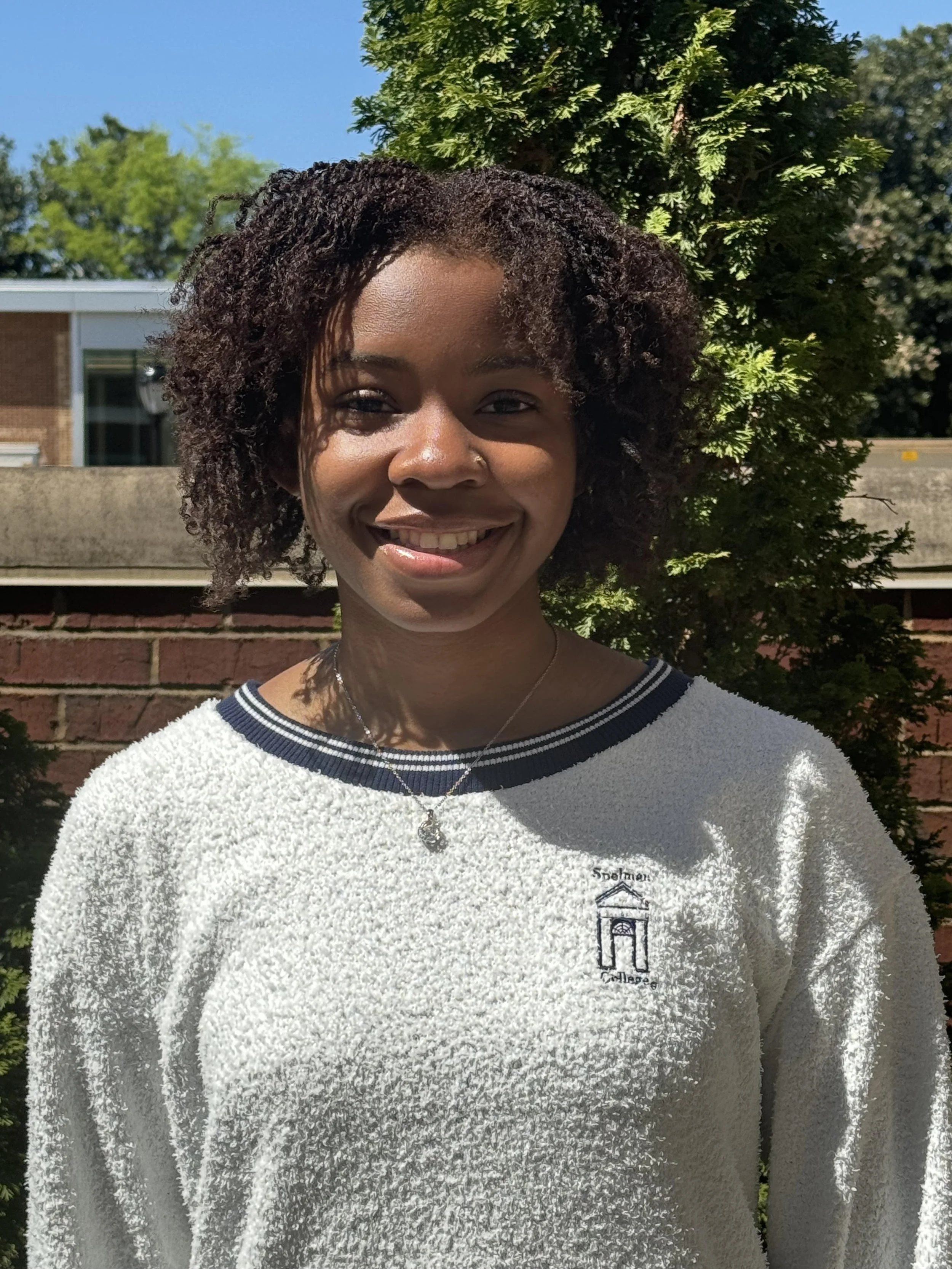Jayda Hendrickson
International Studies major, Comparative Women Studies minor, McDonough, GA
What draws you to this work? Why is studying Black girlhood important to you as a student at Spelman College?
As a second year at Spelman, I have encountered a plethora of work by Black Feminist scholars that interrogate the notions of gender and womanhood. However, it was not until I discovered this fellowship that I found a space that makes an intentional effort to center Black Girlhood by including the scholarship of individuals who are actively matriculating through their Girlhood. Throughout high school, I felt stagnant intellectually but found it challenging to explore other opportunities because my age was constantly a barrier. Therefore, I am grateful for a space where I can be taken seriously and my work and thoughts can be explored as rich intellectual labor.
abstract
Afro Pessimism and the positionality of Black Girlhood, Hendrickson, J.
My research is centered around Afro-pessimism and how we understand the framework not only using a Black feminist lens, but also through analyzing the implications this has on Black girlhood and their positionality within the United States. Afro-pessimism was originally coined in the 20th century, with thinkers like David Rieff using the term to examine policy initiatives on the African continent. However, the term has now received new traction in Black Studies. Frank Wilderson revitalized the term as an analytical framework to understand contemporary violence against Black bodies and, more broadly, how Blackness is fundamentally perceived in modern society. Afro-pessimism argues that Black individuals continue to occupy the position of slaves despite legal emancipation. However, there are significant gaps in Afro-pessimist literature, in the way that it has dismissed gender and bypassed the implications of the framework for Black adolescents, specifically Black girls who are rarely acknowledged as conscious, sentient beings within academia. This research is specifically for Black girls who are beginning to conceptualize the consequences of their intersectionality, which may look like navigating spaces where they may encounter violence, hypersexualization, and overall objectification. I believe that Afro-pessimism is critical in dissecting the Black experience, and, if interrogated properly, could necessitate thoughtful conversations that center Black girlhood. I hope to engage with Black feminist thinkers like Saidiya Hartman, Zakiyyah Iman Jackson, and Sylvia Wyner – while putting them in conversation with Black girlhood studies scholars like Ashley L. Smith and others who have significantly contributed to Black girlhood studies as a discipline.

